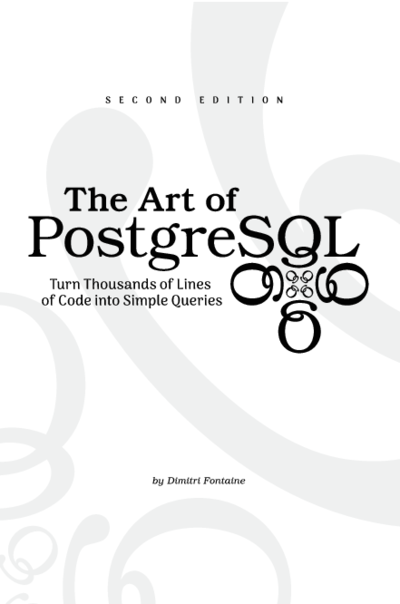Improving ~/.mailrc usage
So I’ve been adviced to use
~/.mailrc for keeping a basic address book in
Emacs, for use within
gnus for example. I had to resort to the manual to
find out how to use the file aliases when I need them, that is when
composing a mail. For the record, here’s what I had to do:
;; mails and aliases
(add-hook 'mail-mode-hook 'mail-abbrevs-setup)
(global-set-key (kbd "C-c @") 'mail-abbrev-insert-alias)
That means I prefer hitting
C-c @, then typing the alias in the minibuffer
(with completion) and there after see the full mail address in my
message-mode buffer. This looks like it’ll change over time, but rather than
searching how to have a nice inline alias completion (
M-tab maybe, but
already used by the
window manager), I’ve tackled the problem of maintaining
the ~/.mailrc file.
Lazy as I am (or I wouldn’t be using Emacs this much), having to manually
select the email region in the buffer, open or switch to the
mailrc buffer
then paste my new entry, not forgetting to format it with
alias foo prefix
and checking for alias usage while doing so didn’t strike me as
appealing. Oh and don’t forget to add quote where they belong, too.
Too much work that I wanted to automate. Here we go:
;; automate adding mail at point to ~/.mailrc
(defun dim:mailrc-add-entry (alias)
"read email at point"
(interactive "Malias: ")
(let ((address (thing-at-point 'email-address))
(buffer (find-file-noselect mail-personal-alias-file t)))
(when address
(with-current-buffer buffer
;; we don't support updating existing alias in the file
(save-excursion
(goto-char (point-min))
(if (search-forward (concat "alias " alias) nil t)
(error "Alias %s is already present in .mailrc" alias)))
(save-current-buffer
(save-excursion
(goto-char (point-max))
(insert (format "\nalias %s \"%s <%s>\"" alias (cdr address) (car address)))))))))
(global-set-key (kbd "C-c C-@") 'dim:mailrc-add-entry)
Quite there, you’ll notice that I’m using
thing-at-point 'email-address, and
maybe you already know that
emacs23 does not provide this. It provides
thing-at-point 'email which will ignore real name and all. For example,
given a point somewhere inside the right part of
John Doe
<[email protected]> the
'email variant of
thing-at-point will return
[email protected]. In words of one syllabe: not what I want.
So after searching around for a solution, I saw
mail-header-parse-address
from the API oriented
mail-parse librairy, and finaly came up with this dead simple
solution which works fine enough for me:
(require 'mail-parse)
(defun thing-at-point-bounds-of-email-address ()
"return a cons of begin and end position of email address at point, including full name"
(save-excursion
(let* ((search-point (point))
(start (re-search-backward "[:,]" (line-beginning-position) 'move))
(dummy (goto-char search-point))
(end (re-search-forward "[:,]" (line-end-position) t)))
(setq start (if start (+ 1 start)
(line-beginning-position)))
(unless end (setq end (line-end-position)))
(cons start end))))
(defun thing-at-point-email-address ()
"return full email address at point"
(let* ((bounds (thing-at-point-bounds-of-email-address))
(email-address-text
(when bounds (buffer-substring-no-properties (car bounds) (cdr bounds)))))
(mail-header-parse-address email-address-text)))
(put 'email-address 'bounds-of-thing-at-point 'thing-at-point-bounds-of-email-address)
(put 'email-address 'thing-at-point 'thing-at-point-email-address)
Now, when I receive a mail and want to store an alias for it, I simply place
point somewhere in the mail then hit
C-c C-@, and
voilà my
~/.mailrc is
uptodate.
Hope it’ll be useful for someone else, but at least I’m keeping annotated history of the files :)



